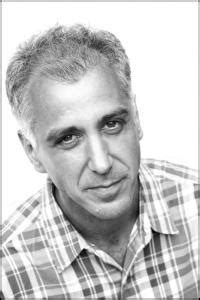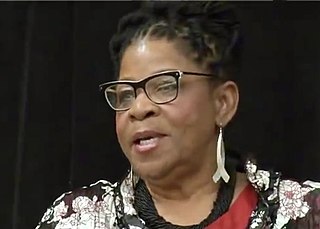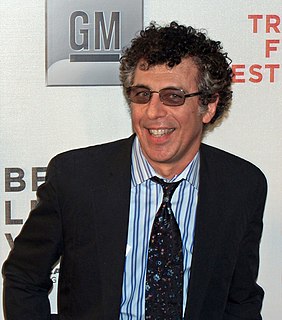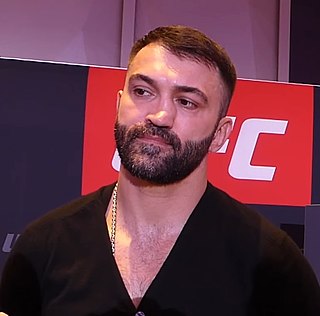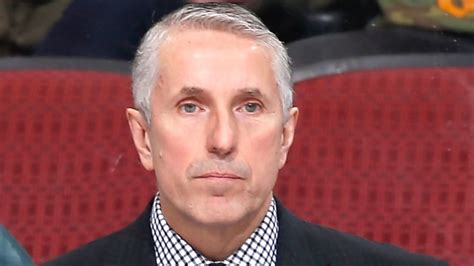A Quote by Jacqueline Woodson
To me, elegy suggests that there is hope, and in some respects you've moved past the loss and are able to deal with it and to write about it.
Related Quotes
Whenever I've been stuck on a project, it's always brought me solace to the return to books that moved me in the past. It's a nice way to get outside my own head; and it brings me back to one of the most important reasons I write at all: to bring some pleasure to readers, to make them think or feel.
I came to the realization that I had failed in some respects because I had been more of a benevolent narrator than the world I saw reflected around me, and in the lives of the people in my community, and in my family. There was no benevolent God sparing us pain and loss and grief and struggle. If I was going to continue to write about the place where I am from, and the kind of people who live in my community and who are in my family, I owed it to them to be honest with what our lives are like.
Over the past few years, the road to confrontation has shown its consequences: loss of innocent lives, destruction and fear. Most costly, however, was the loss of hope. The most precious gift that you can present to your peoples over the coming weeks is renewed hope born out of tangible progress on the ground.
Someone wanted me to write a profile for ESPN about the commissioner of baseball, and I said, "He's just some suit! Some Republican. No!" I mean if you want me to write about baseball, boxing or football, I'll write about those things because I watch them, I think about them a lot and I like them. But I don't want to write about Barry Bonds.
Greg Jackson gave me hope after four losses. After my last loss in the Strikeforce grand prix against Kharitonov, I gave him a call and asked him if he thought I should retire. Some of my trainers, some people told me I had lost it. He said, 'Absolutely not. Just come to Albuquerque,' and gave me that hope.
In a recent dream, God revealed to me a door leading us into four new hopes that will prepare us to be like those who were healed and strengthened in hope and able to stand when the lightning bolt hit. We deal with these fissures of hopelessness by stepping into these new hopes. The four new hopes that I saw the Lord giving us in this time are: Hope for the Unseen, Hope Against Hope, Carefree Hope, and Childlike Hope.
Sometimes it's nice to be able to reflect on the music itself and then write lyrics that I feel anyone can relate to. It's not my dreaming tree that is dead. The feeling of a loss of hope is universal. There are moments that we've all felt a little bit of it, so I don't think it is something that is too hard to identify with.

